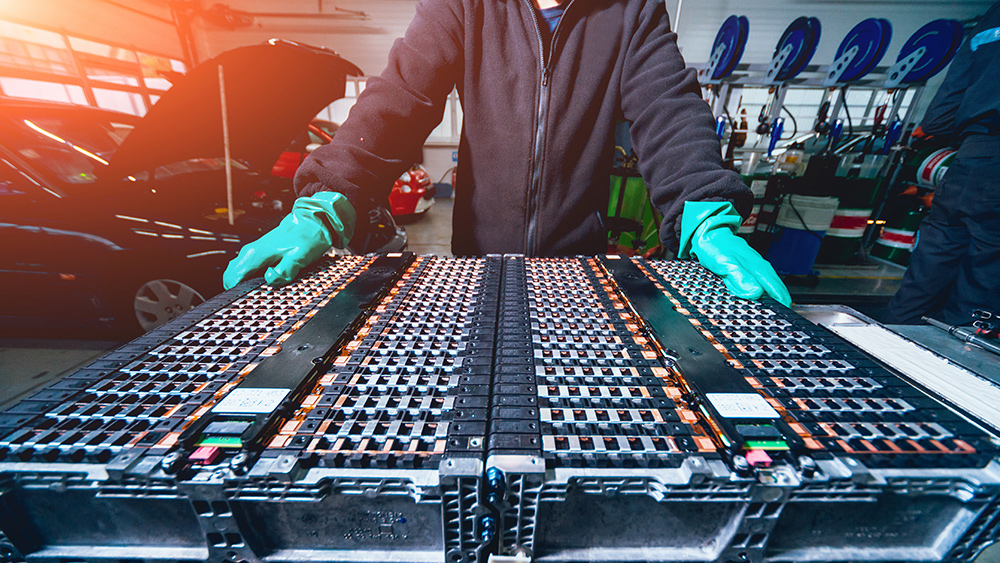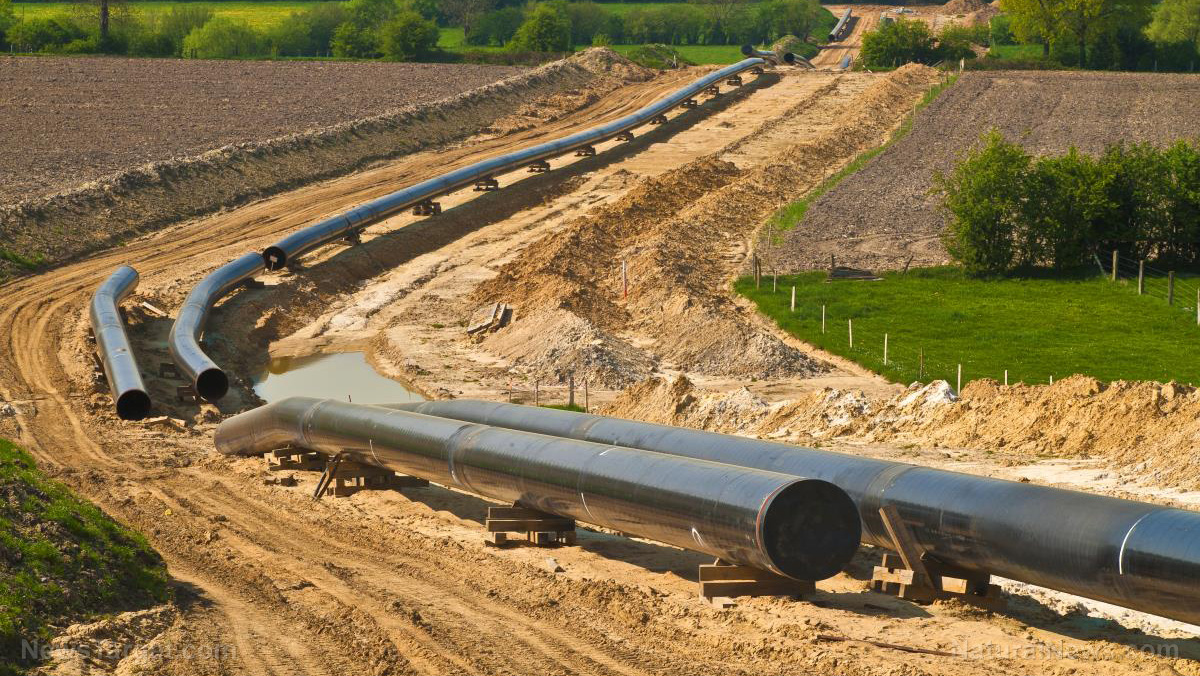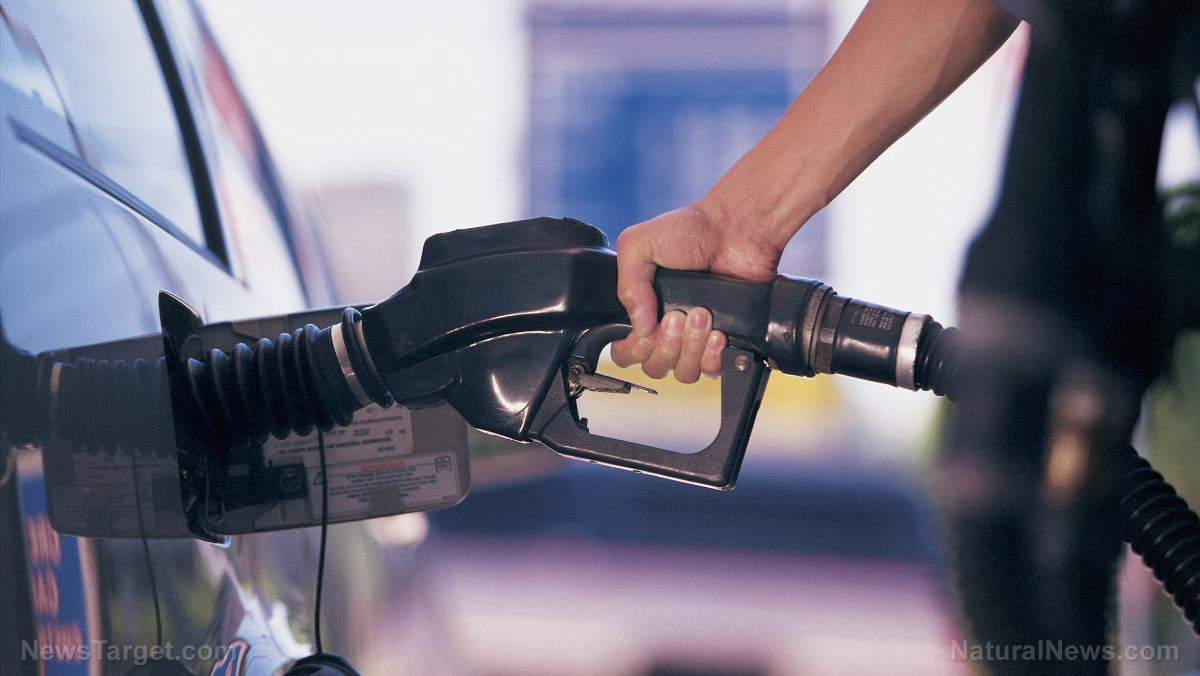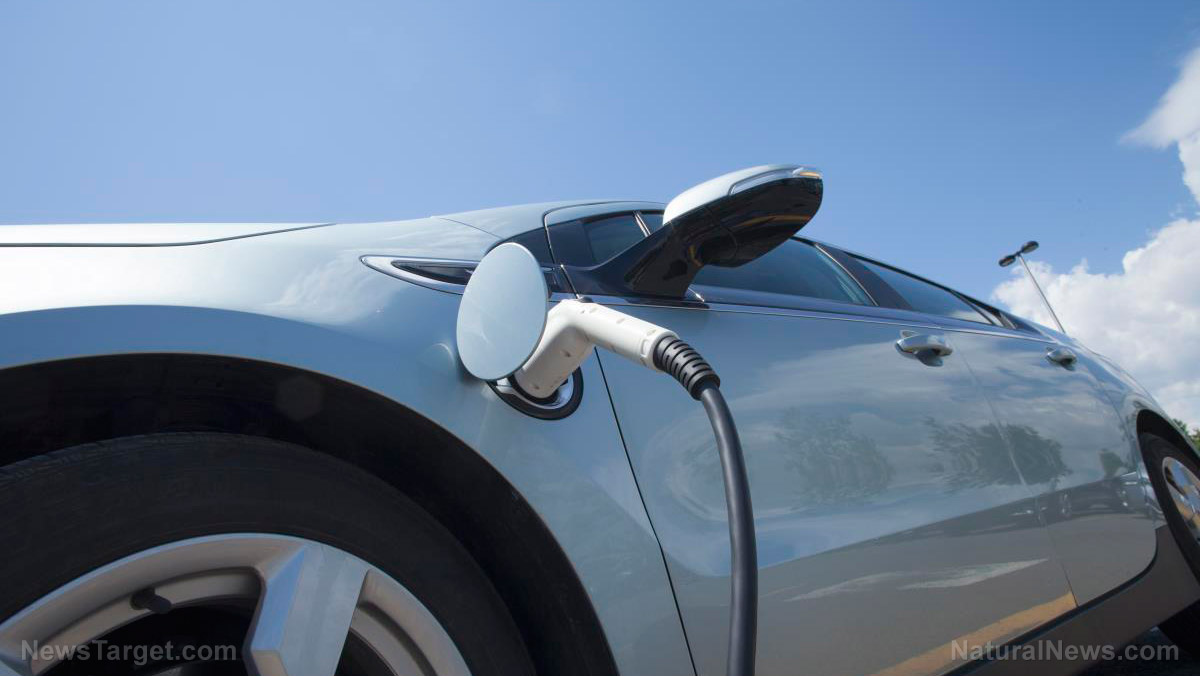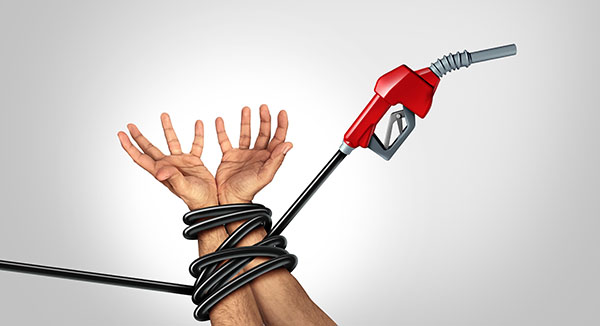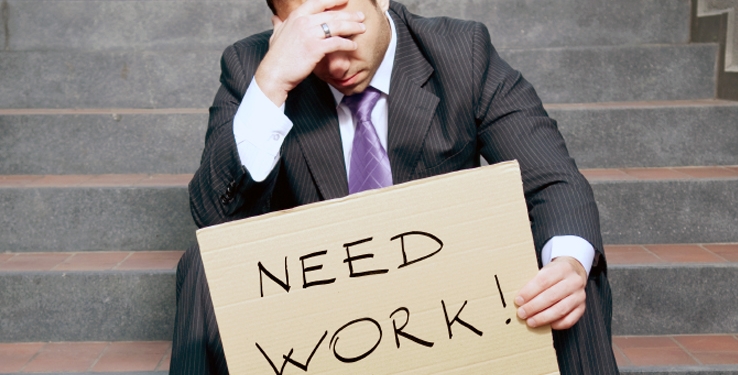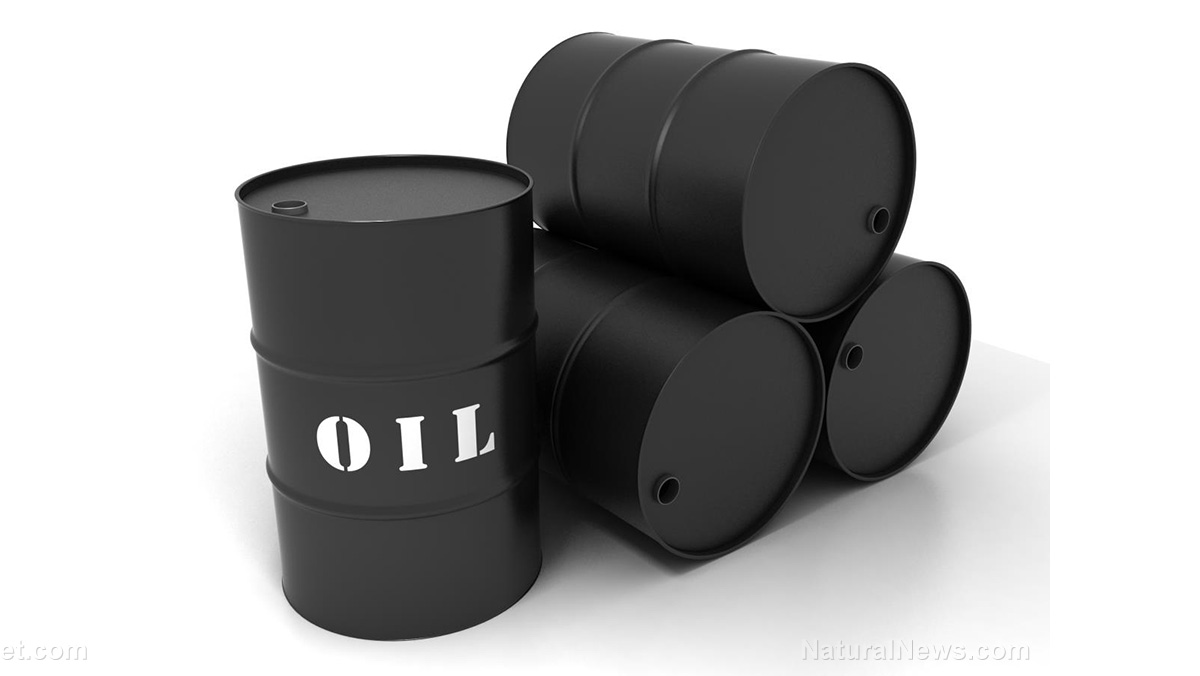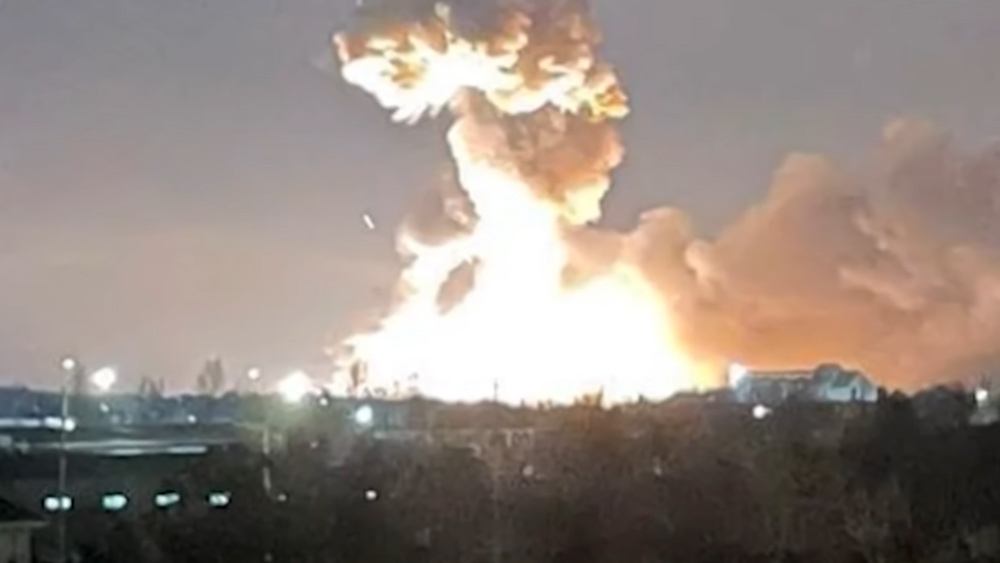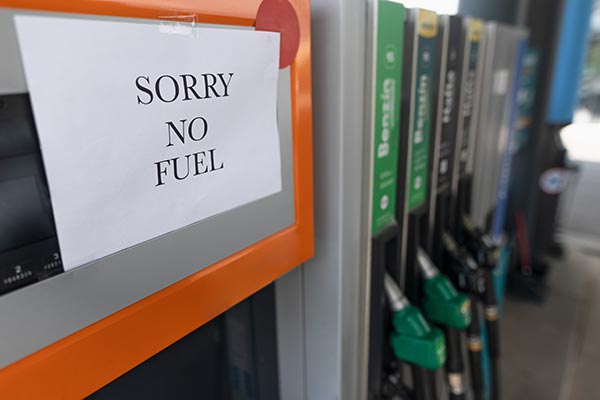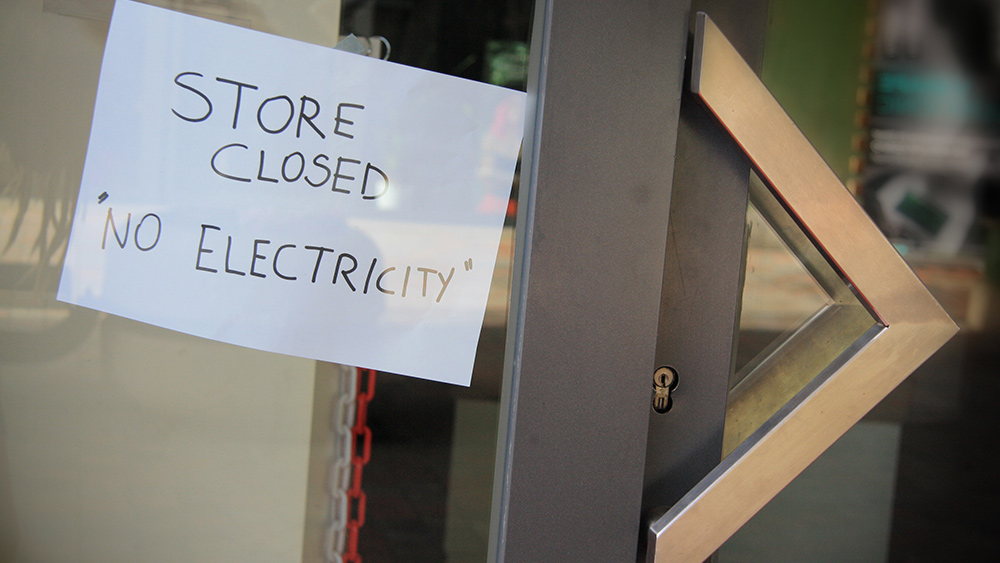Switzerland plans to temporarily limit electric vehicle use this winter due to energy shortage
12/08/2022 / By Arsenio Toledo

Switzerland is planning to temporarily limit the use of electric vehicles this winter in case the country’s energy supply drops low enough that power blackouts become a possibility.
Under the new plan, which takes inspiration from Wuhan coronavirus (COVID-19) lockdowns, Switzerland could ban electric cars from making non-essential journeys during the winter to deal with potential energy shortages. (Related: Switzerland to experience weeks or even months of power grid failures, warns president as nation continues to dismantle its own electrical infrastructure.)
This proposal comes as Switzerland’s energy security, especially for the coming winter, becomes even more fragile. Hydropower plants are supposed to provide the country with 60 percent of its power requirements, but energy production from these plants has taken a significant hit in recent weeks.
This has forced Switzerland to increase its power imports from France and Germany, but even with power imports the country is still uncertain if it can provide its citizens with enough energy for the winter. This is due in part to the low availability of power from France due to the sudden closure of many of the country’s nuclear power plants.
To cover the diminished supply, the Swiss government is planning to import around four gigawatt hours more energy from its other neighbors, including Germany, Austria and Italy.
Swiss government preparing emergency plans to deal with energy shortage
In the event that Switzerland is unable to import or produce enough energy to meet the country’s needs, the country’s federal government is also proposing other emergency measures to limit energy use.
Switzerland’s emergency response to a widespread energy crisis would be implemented in tiers – emergency and crisis – and would include three levels of restrictions for the first tier and two levels in the second. Each stage would be triggered depending on the level of power supplies available in the country.
In the lowest level of the emergency tier, public buildings would be restricted from heating their spaces to no more than 20 degrees Celsius (68 degrees Fahrenheit), and homes would be asked to limit their washing and drying machines to a maximum of 40 degrees Celsius (104 degrees Fahrenheit).
At the next level of the emergency tier, heating temperatures in public buildings would be lowered to 19 Celsius (66.2 Fahrenheit) and streaming services like Netflix would be forced to lower the resolution of their videos from HD quality to standard to reduce energy use.
The third level of the emergency tier is when electric vehicle owners would be limited to using their cars for essential journeys. At this level, retail stores will also be asked to close their shops two hours early.
In the first level of the crisis tier, the use of electric leaf blowers and hot water in public bathrooms would be banned and escalators will be disabled and outdoor Christmas lighting turned off.
In the last level of the crisis tier, cryptocurrency mining would be banned, swimming pools closed and lights in sports stadiums turned off.
The Swiss government is also considering implementing certain measures in a very worst-case scenario to prevent widespread blackouts. These measures include temporarily banning sporting events, concerts and theater performances and forcing all leisure businesses to shut down.
Learn more about how the European energy crisis is affecting countries like Switzerland at NewEnergyReport.com.
Watch this episode of “Zoon Politikon” as host Holly Seeliger comments on Switzerland’s proposal to ban the use of electric cars during the winter.
This video is from the Zoon Politikon channel on Brighteon.com.
More related stories:
EV NO GO: Switzerland may limit electric vehicle use to avoid blackouts this winter.
Switzerland threatens residents who heat their homes this winter with jail time.
Natural gas to be rationed in Switzerland, government warns.
Sources include:
Submit a correction >>
Tagged Under:
big government, blackouts, cars, chaos, collapse, electric vehicles, electricity, emergency plans, emergency response, energy crisis, energy shortage, energy supply, panic, power, power grid, preparedness, rationing, scarcity, switzerland, winter
This article may contain statements that reflect the opinion of the author
RECENT NEWS & ARTICLES
COPYRIGHT © 2022 EnergySupply.news
All content posted on this site is protected under Free Speech. EnergySupply.news is not responsible for content written by contributing authors. The information on this site is provided for educational and entertainment purposes only. It is not intended as a substitute for professional advice of any kind. EnergySupply.news assumes no responsibility for the use or misuse of this material. All trademarks, registered trademarks and service marks mentioned on this site are the property of their respective owners.


